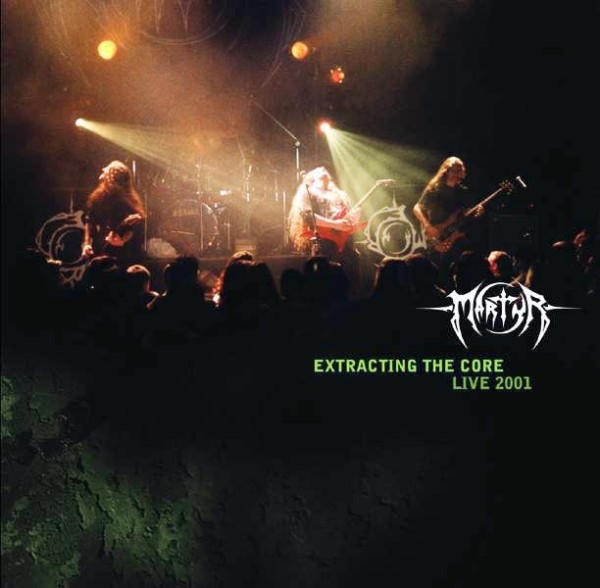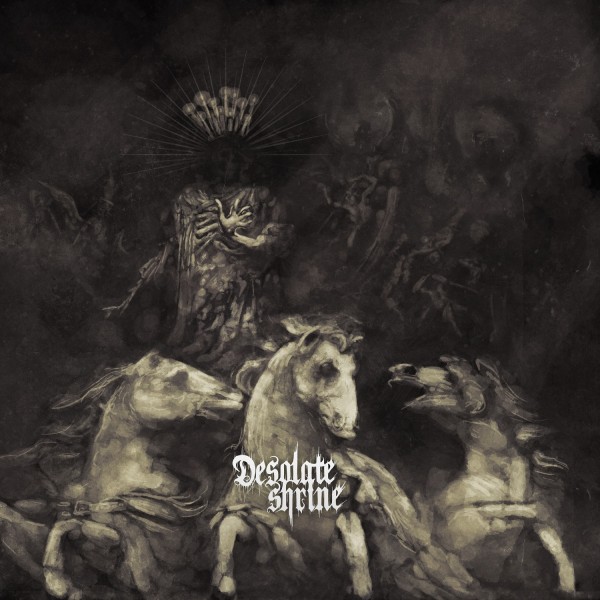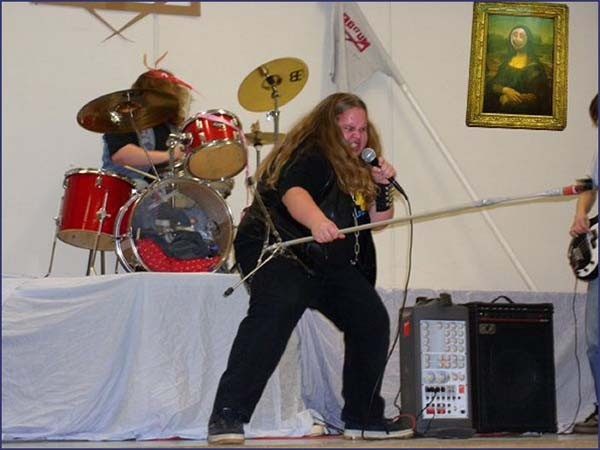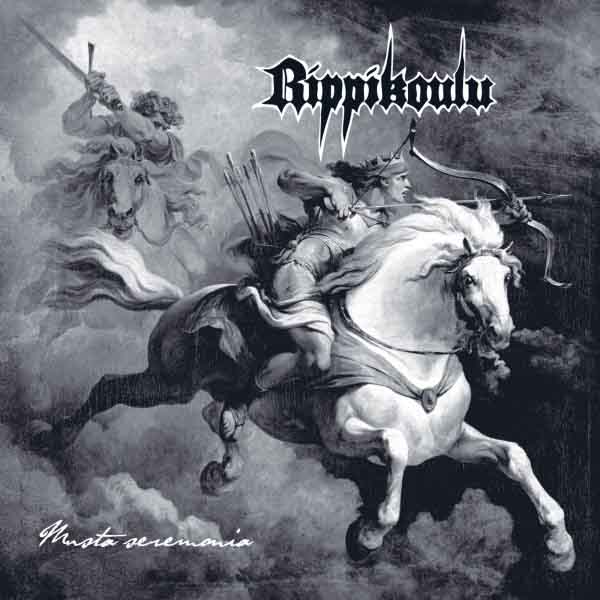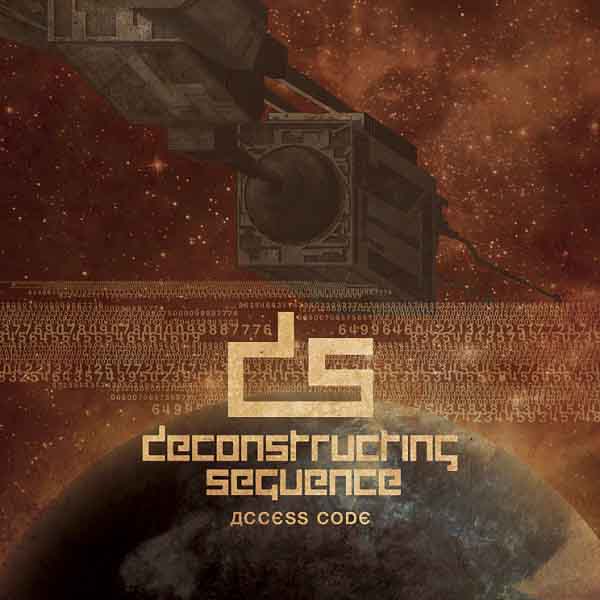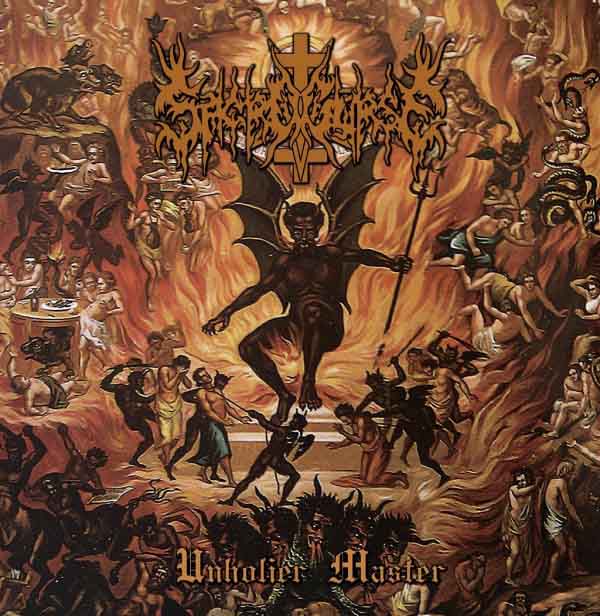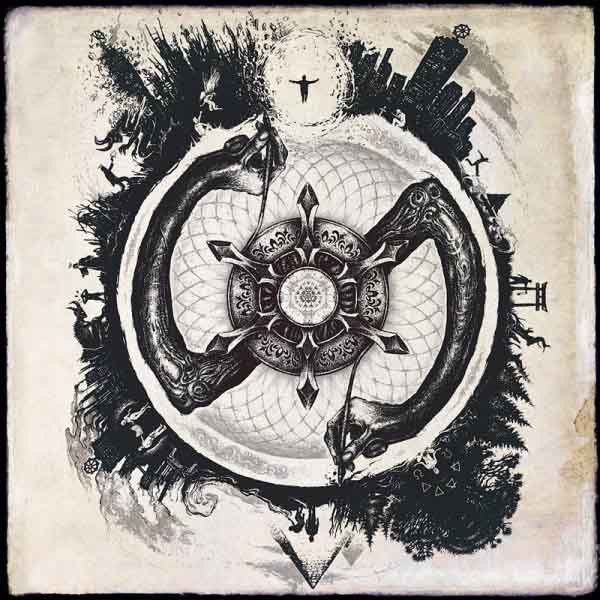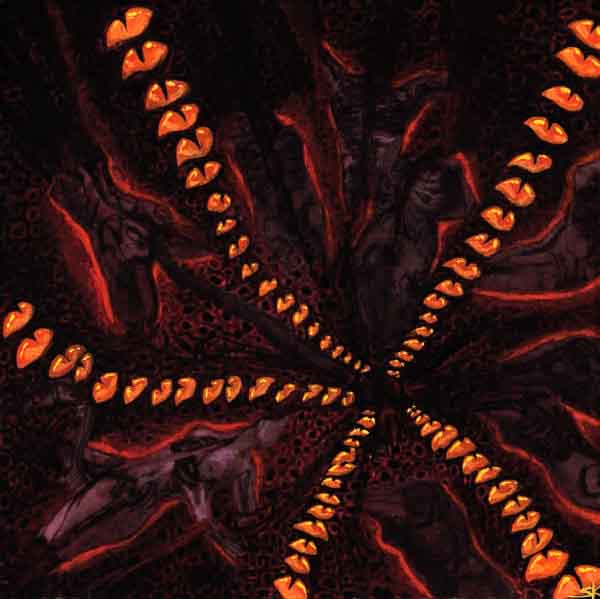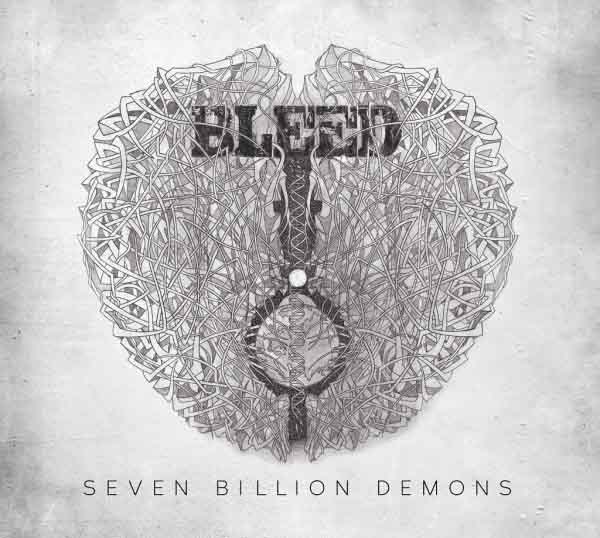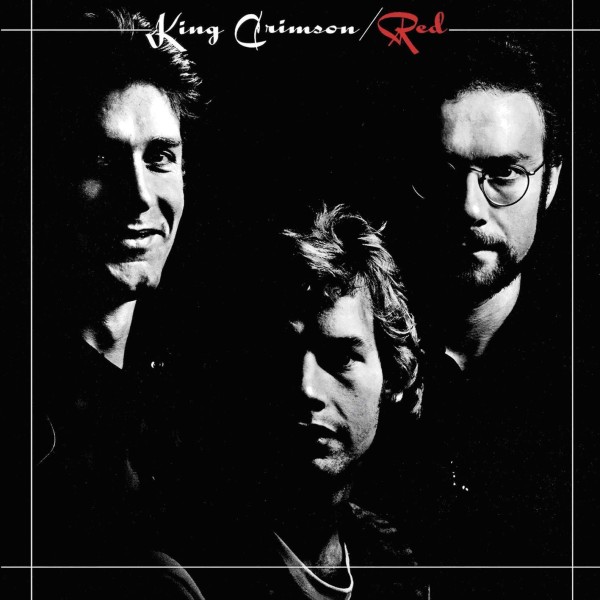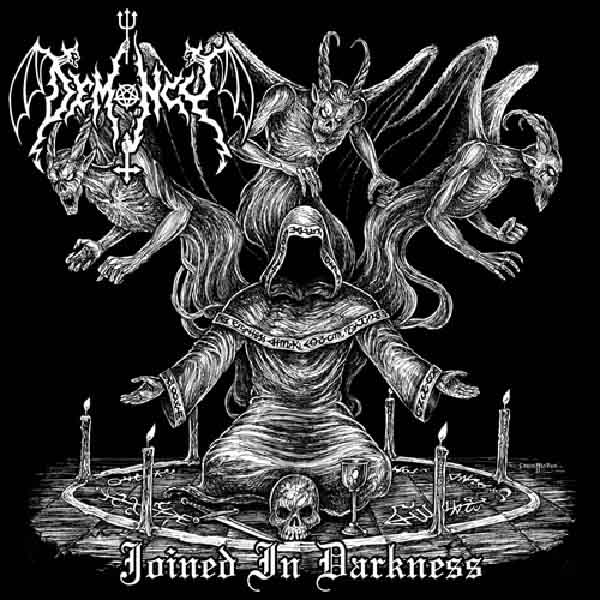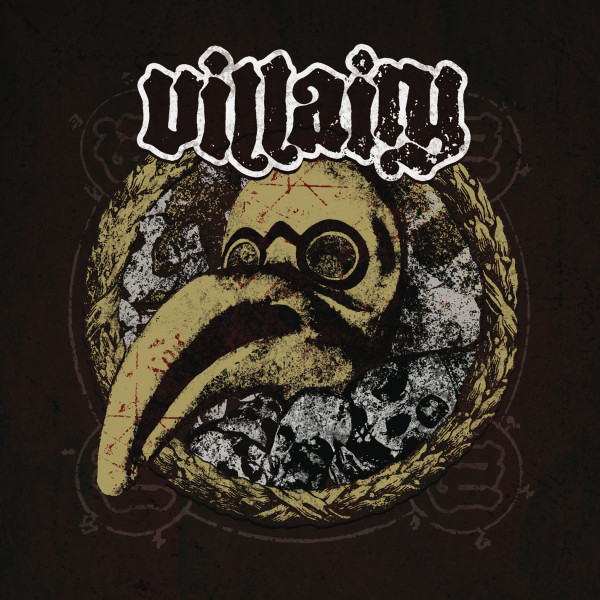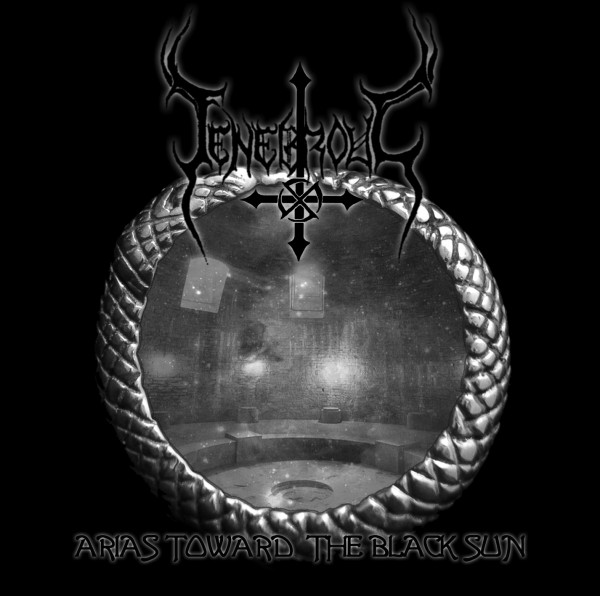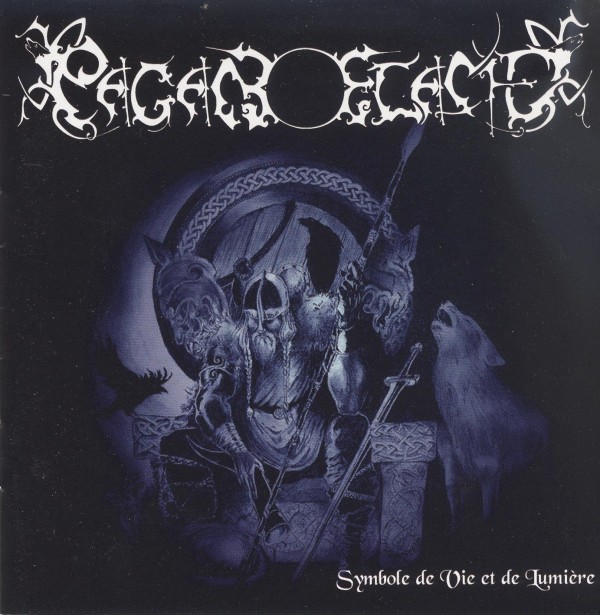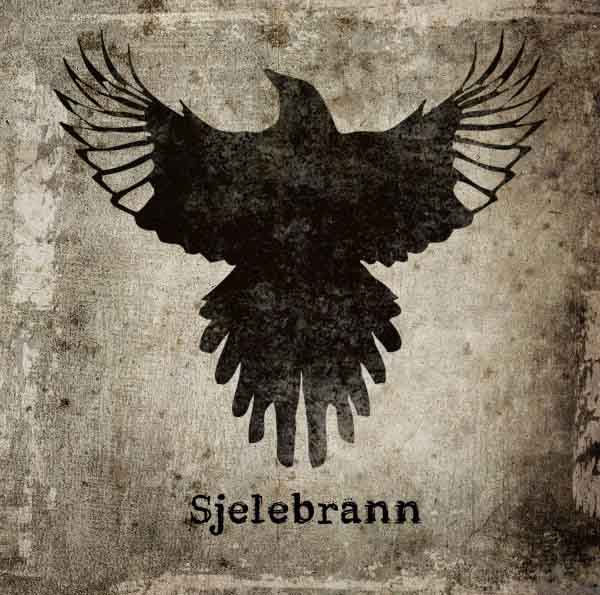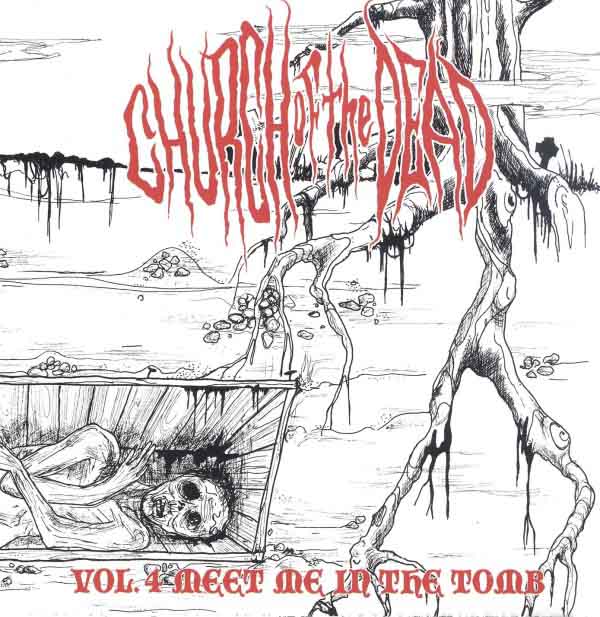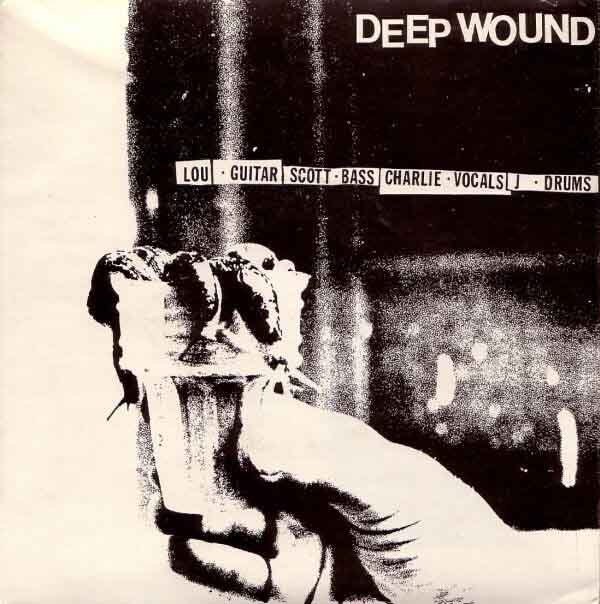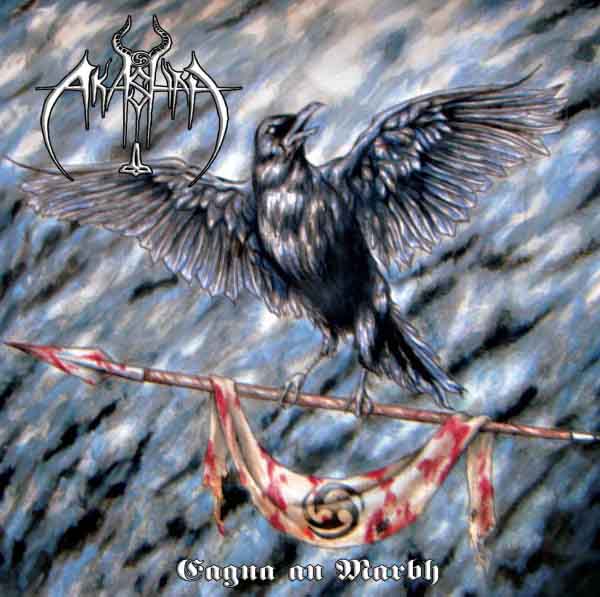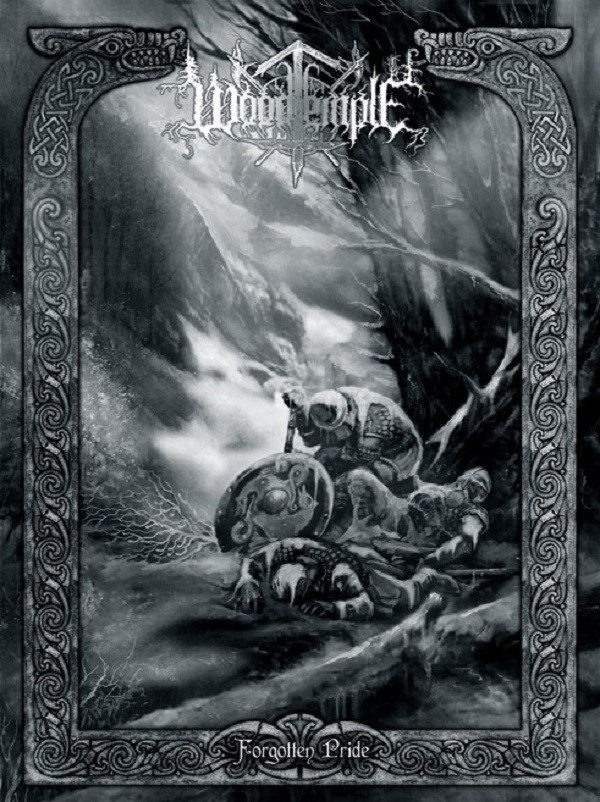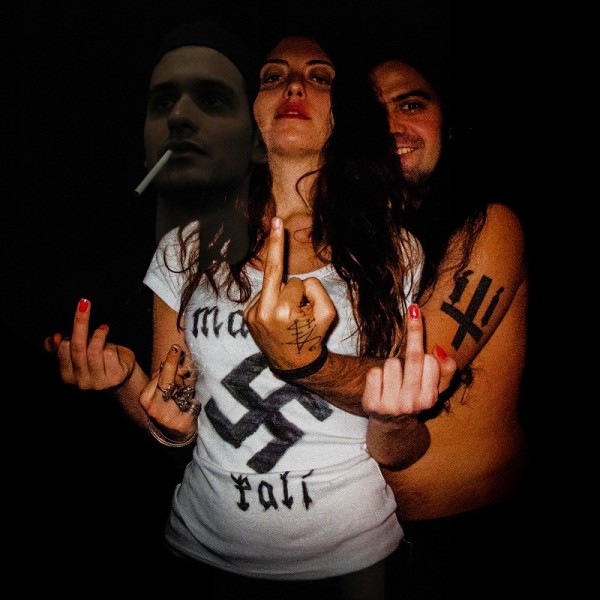
Some weeks ago we received a letter from a band called Viranesir who informed us both that they were creating metal music and that they faced a good deal of pushback for their treatment of controversial topics. Since 2014 is the year of political speech control, corruption and controversy, I wrote them asking if they would conduct a brief interview with us. From that arose this dialogue with Viranesir from Turkey…
“Sublimation is a great mystery.” — C. G. Jung
When did Viranesir start and who are the personnel? What musical influences inspired its creation? What does the name mean?
Viranesir started out in 2013 when I created it to score my first feature length film “Drink From The Fountain Of Uncertainty.” I remember it being initially on my thoughts for longer out of the influence that Quorthon made Quorthon as a creatively fuelling side project to Bathory and I wanted to do one for YAYLA, and with “Drink From The Fountain Of Uncertainty” came the opportunity.
Personnel are myself, Merdumgiriz and Ruhanathanas. We switch instruments and styles very frequently but its usually Merdumgiriz on drums, myself on guitar/vox and Ruhan on synth/vox. Musically speaking some common bands that all our current members enjoy in our blood orgies include Abruptum, Haus Arafna, early John Frusciante, Ildjarn-Nidhogg, early Deathspell Omega, G.G. Allin, Til Det Bergens Skyggene, Screamin’ Jay Hawkins and Poesie Noire. All of which I think to some extent can be traced as influences on our current and future discography. The name comes from where Musician ends up in “Drink From The Fountain Of Uncertainty” on his solipsistic quest for his personal redemption. The place he ends up is Viranşehir (means ruined city); we manipulated it as Viranesir (ruined slave).
From what I have seen, Raping Lesbians For Freedom is some kind of Swiftian satire. What are you satirizing with this album and its provocative title?
I haven’t heard Jonathan Swift’s name since grade school. Anyhow, before anything, I’d like to get some shit straight, we ain’t racist (we were all born into “hard to find more worthless” races), sexist (one of us is a female and all of us are bi) nor do we hold any “political” views (not in the sense that most mean). We hold the opinion that everyone in society is responsible for all the suffering in the world, therefore we kind of confess for others through this album. And yeah, we are bullies, genociders, rapists, murderers and animal torturers because someone committing that shit no matter when or where or who makes me as a human being responsible so long as I live.
I don’t think wearing El Che wristbands, mate calling in LGBTI parades or fighting for justice on the internet saves me from the fact that I am, like everybody else, a scum of this universe. All our hands are perpetually bloodstained in my book and metal and punk are among the most noble, healthy and effective mediums for expressing the heaviness of that burden through psychological sublimation, even raising awareness. But the political correct “authorities” are currently trying to sterilize these mediums so that their warzone is more of a fairytale. Well, we’ll rape their lesbian souls until they scream as their own sex!
Funny threats aside, I do not have a problem with these fascists under liberal skin until their elaborate self-contradiction becomes a means for oppression. I am and have been fed up with issues of freedom of speech. Especially from people who do not feel any responsibility for the suffering of mankind. Hypocritical educated pieces of shit who are deep racists, sexists, animal murderers, child abusers and torturers hiding behind so called racial sensitivities, feminism, vegetarianism, making children, naming, excluding in all its perverse forms; subliminally abusing the individualistic and promoting what they claim to fight against. Most artists who tackle these hard subjects directly are tired of dying for these people’s piece of shit sins as they have a good time in their festivals of peace as they exclude our “politically incorrect” work with their guilt propaganda and subliminal calls to censorship.
Wake up! People are murdering each other at family dinner tables everyday as they raise future killers by taking out their anger for their husbands on their children. We are the future of these very children and we need to take out our criminal intentions on songs we sing not your privileged lesbian assess. These mothers who raise us are the “politically correct” most of us worship. Why are they “politically correct”? I think it is because that is their confession booth in which they wash the blood of their hands with holy water. Well, nothing wrong with that except when they fuck with our temples in which we work with the blood through albums we make and sing about murder and abuse and rape, a more direct way of getting rid of the stench of blood that our, and their hands are painted with. Well, it pleases me that so far they have the right and tools to tell me that I am an inconsiderate up to no good piece of shit as I have the right to make this album. What a wonderful world.
How much does provoking the ire of religious people factor into your artistic work? Does it matter which religion?
I fucking hate the mainstream religions (jewism, footsmellam, gayristianity, atheism, nationalism), for the facts that most of their followers seem to A. otherise evil B. seek extension. Also, in footsmellam it seems the trend of using murder as a means of communication is at its peak, therefore I’d rather they all be degraded & destroyed as your rapper president suggests. With my music, I don’t want to merely provoke the ire of religious people because it is no different than kicking a huge dog. To make something happen with religion, I’d more so want to provoke the so-called “irreligious” people into acting like and realizing that they are the religious scum that they strive to fight against, and help them and myself craft more effective solutions.
In my opinion everybody is religious in that they form some sort of worldview that makes them relate to this uncertain existence and form a kind of “certainty matrix” through their vague and often highly distorted collection of memories. A matrix that tells them that if what they do in life brings them “success,” then the next unknown (eventually death) might not actually be unconquerable after all. Practicing their religion everyday through believing blindly in saying, doing and justifying things that make them feel good no matter how self-conflicting and half-thought they may be. It is a shame to admit that the mainstream religious are the ones who actually “in theory” submit to this tragedy. However, this does not at all mean that I respect or enjoy mainstream religious people. I just think it would be wise not to “otherise” in fighting against the tyranny of religion, because after all, it is a cheap weapon used by “pure religious radicalism” which is achieved exactly through fighting through otherising (see ISIS, Nazi Germs, guerilla, crusaders, Hollywood). And that is what most of us seem to do, however fighting without otherising can be achieved for example through discussion and self-criticism, which is only possible through total freedom of speech.
All religions, including in the cosmology sections of the most grimoires of Satanism that I became acquainted with (for example in their interpretation of the monarchic one God) have otherised and not considered the fact that the air we breathe is stenched with disparity yet we strive for unity. Of course Satanism (especially blended with quality black metal) is different in that it is an anti-religion and turning the spiritual theory on its head; in my interpretation and opinion, it is the gateway to a slightly more advanced cosmology and anti-belief system in that it is rooted in the depths of the human psyche and works with our need for certainty in a completely perverted manner especially in its alchemy of evil (that is why we formed Blliigghhtted).
Can you tell us where you are located? Are there any particular challenges about being a metal band, and having freedom of speech, there?
We are currently located in Istanbul/Turkey. No challenge whatsoever being a metal band and it gets me more pussy than most other countries I’ve lived in (Canada, America, England). I also run a record label here (www.merdumgiriz.org), my cheap ass fellow countrymen love us but never support us by buying our products, but its okay, at least they don’t behead us like the footsmellic sons of bitches they could have been. In terms of speech, there are no bigger issues than most of the west because we don’t have much of the idiocy called political correctness (Ruhan can often be seen around Turkey wearing a huge Swastika Mahakali shirt without getting any shit except from loser European tourists), however we have religious correctness to some extent, but not much.
I can actually say that between the respectable bigotries of the west and of east, Turkey is a calm little freedom center. Except if your speech is politically inclined; the only problem here is that if the government sees you as a threat, they will incarnate you. They are far from seeing Viranesir as a threat yet, which is our luck. Where fine art can go is way beyond the capacity of politics, and I am interested in such extremes that I can never even get close through politics. Yeah, yeah I know that I am actually sort of political even in saying that, but the particular challenge here that I am talking about would be to say shit about our government, certain political parties and its handsome leaders, a certain genocide, our blissful religion, our beautiful race and stuff, which except for footsmellam, I don’t really give two fucks to say anything about. Also, if I did, they might block access to DMU, which they do for many sites including all porn sites and many political sites. They got people on the tax-funded payroll searching and blocking “inappropriate” sites all day long.
It seems to me that freedom of speech is a bit of a paradox. Each society wants people to be able to express ideas, but does not want to be overwhelmed with speech for speech’s sake, which may not be relevant, true or important. How do we decide which speech is valuable, and which is not?
I contrarily think that society subliminally wants to be overwhelmed with speech for speech’s sake for a greater purpose, that is the reason for the blooming of social media. In my view speech is therapy, and the ejaculation of the unconscious; it is very healthy and to me, should definitely be totally set free.
For a merrier world, “no one should have to fear saying anything”. Since in my opinion deep inside society is aware of this, through saying a whole lot of nothing on twitter and facebook (and building a collective consciousness), it is getting ready for the future, which I feel is total freedom of speech. It is only a matter of time until we are all able to say many currently unimaginable things anywhere without getting treated as we are actually doing them.
Saying something is very important; for it is a lengthy and complex phase of contemplation (which inevitably leads to discussion, collective consideration and most importantly relief) before eventually doing it (except if you get in trouble for merely saying it) that most people skip. Saying something opens it up for contemplation and in my view, every speech is valuable; from the seemingly petty half-thought footsmellic rant of Arabic sand [redacted] to the meowing of a cat to a brain-dead high school girls vlog about relationships to a man-hating feminists blog entry on censorship to Quebecois peasants swearing disgusting French to each other in an alley way to Marxist-Lenninist bullshit preached by people who’ve never seen a socialist country to Schopenhauer’s aphorisms to spiritually enlightening Dissection lyrics. Something is to be learnt from all of them through interpretation and although many utterances can lead to unpleasant outcomes, it is the individual and the individual alone who should decide for what they should say. Irrelevant, untrue, unimportant, seemingly dangerous and/or extreme; I do not think prohibiting or censoring any sort of speech will get us anything but perpetual inner pain, stagnation and destructive destruction.
I’ve been told by others that Viranesir often gets compared to Anal Cunt, G.G. Allin and Impaled Nazarene, all of whom were very provocative. Do you see any commonality there?
I see much commonality, and personally feel that we have similar viewpoints for psychological sublimation in art. They too do not deny the blood on their hands and celebrate the fact that they are as human beings, no different than footsmellic arab murderers, rapists, torturers, bigots, animals, idiots. Viranesir, along with all those bands and many more all celebrate our impurity to be able to live with ourselves, unlike the hypocritical so called democratic bullies who not only otherise what they name to be evil and escape from their mental responsibilities, but condemn the ones who don’t as being extremists to raise hate for what they don’t understand. Speech can be beyond choosing sides or naming good & bad or love & hate.
Everybody is capable of bearing love and hate for the same thing, and they often do. Just as everything has the quality of bearing both good and evil qualities that also depend greatly on how one perceives them. Most things I do stem from the interaction of my emotions when I come in contact with these things that I bear conflicting feelings upon. When I say I hate something, I often mean I love it and vice versa. For example I can write a song saying “I love animal torture and taking advantage of women”. Although I “hate” both things in theory, I often use money to put a beast that I otherwise couldn’t have gotten closer than the eye can see to my plate, oh and I excuse the fact that it gets transcendent torture beforehand. Even if I think I don’t do it, I give money to restaurants that do it, or have friends who do it not if I let them pump their semen up my ass.
I also often use beer, money, my artistic projects and patience to insert my penis into some female vagina. Even if I don’t do it I give money to bars that it is being done in or have friends who do it not if I let them do it to me. I am with the thought that rather than denying the fact that I directly or indirectly participate in these tribal transactions through glamorous theatrics like vegetarianism and feminism and temporarily calm my conflicting soul until I bump into the next tragedy that reminds my unconscious that I am self-contradicting, why not sing about them in a more direct manner and rid myself off of the illusion that I can be consistent and just when what I am made of is inconsistent and unjust? To the party concerned, through direct speech and sublimation in art, perhaps I can say what most leave unsaid, grant relief, and raise more awareness and some real shame than to protest against this shit by guilt propaganda and trying to ban it, totally degrading free will and sense of responsibility. In other words, degrading my own humanity just like the mainstream religious scum.
Does Viranesir have previous albums? What were those like? Were they concept albums like Raping Lesbians for Freedom?
Our previous albums Kill Your Repulsive Child, Shoot On Mom’s Corpse and Fountain Of Uncertainty as their titles might suggest are all concept albums in my opinion. Kill Your Repulsive Child is our first venture into psychedelic synthpunk. It is a very personal album in that it is directly about my life, but very vaguely put together and useful for free interpretation. The music is crazy psychotic drumming mixed with schizophrenic vocals and chaotic fat synths. Shoot On Mom’s Corpse is the same thing, and is the continuation of the trilogy started with Kill Your Repulsive Child, however, it is better produced and both lyrically and compositionally way more concise. There is going to be a “father” album to conclude the synthpunk trilogy, which is very different and way grander than the other two.
All these three albums are based on my short story called Axiom Rotting, which as I said, is directly about mein leben. is a whole different thing; it is made solely by me as the music of the musician character in my film Drink From The Fountain Of Uncertainty which is a character based on me. It is a very dark sort of experimental metal with synths; way thicker produced than all other Viranesir albums. Me, me, me yes it’s all about me and know-it-all it may sound, I personally think that anyone claiming that anything that they do is not ALL about themselves are at best self-deceiving hypocrites no different than vegan bitches swallowing the cum of their McDonald’s consuming lovers.
As I understand it, “Raping Lesbians for Freedom” is based on a text that you and/or other band members wrote, and the characters in that text become voice actors on the album. What’s it like to write an album based on dystopian fiction that you’ve written?
Some weeks back Viranesir had a quarrel with Polish tourists who insisted Ruhan took off her swastika shirt. Ruhan was in shock trying to explain that it was ceremonial and stuff whilst a bitch in their group was screaming “Take it off, take it off” at the same time all of the others shouting how their Jewish grandparents died or got saved from the genocide and stuff while a Kurdish fag on the street joined their side and started cursing us for being Nazis. I basically stood between them and Ruhan and calmly improvised what would become the song titles.
I mirrored what I interpreted as their indirect anger and became their mouth to say what I understood they really wanted to say from their tone. After I said, “Don’t be a fascist and tell us what to do” to the slut, they magically stopped. Other than their following us for a while, no side breached the speech barrier and it was all good. Afterword we had a blast dancing in a superb club that night, then we went back home. We discussed what happened again and Ruh just uttered, “Political correctness is European ignorance” and exited the house. Merdumgiriz & me booked a studio and started recording the event as actors in a play. Re-interpreted the beautiful chaotic disparity that different races, thoughts and sexes bloomed as they came together that night into music and words. The outcome is a beautiful alchemical artifact of centuries old subdued hatred into rock music. All made possible through freedom of speech and sublimation of civilized people. I quite often do these kinds of things for creativity and it is safe to say that my life has become an album based on dystopian fiction that I’m constantly writing.
What do you hope the reaction will be? If people are interested in what you are doing, where do they go to see more?
The reaction will come from both sides, the rowdy, beer drinking have a laughers might love it for its psycho-ness, freeness and the raw music, while the educated elitist other might hate it for its uneducated music and political incorrectness and lack of sensitivity towards victims of rape, genocide, abuse and murder, which they will presume I have no experience of. I personally find both to be equally uninteresting reactions from a society that smells like the area between my balls and ass when it thickens with greasy filth as I lock myself home for days to write new music and screenplays while I jack off with cheap lubricants all day long. The reactions I care about will come from people who sit down and take a moment to interpret what I do into thoughts that I couldn’t have conjured by myself; negative or positive.
That is what art deserves, not “hahaha you guys are psychos”s or political piece of shit correctness, sensitivity or censorship or anything political. Where politics (social hypocrisy) is not enough to calm human soul that is where fine art comes to aid. I would hope to have intellectual, lofty, philosophical and existential conversations on evil about my album with people who don’t use “like” as punctuation marks and their Majors in Philosophy as proof of legitimacy. That was a joke, come as you are, as you were and chances are you will find me one surprisingly kind son of a bitch!
If people are interested in what I am doing, they shall go to:
To buy hand-made CDs and shirts:
All you need is serotonin.
https://www.youtube.com/watch?v=d5ESiyh2Ps0
22 CommentsTags: Black Metal, merdumgiriz, viranesir
